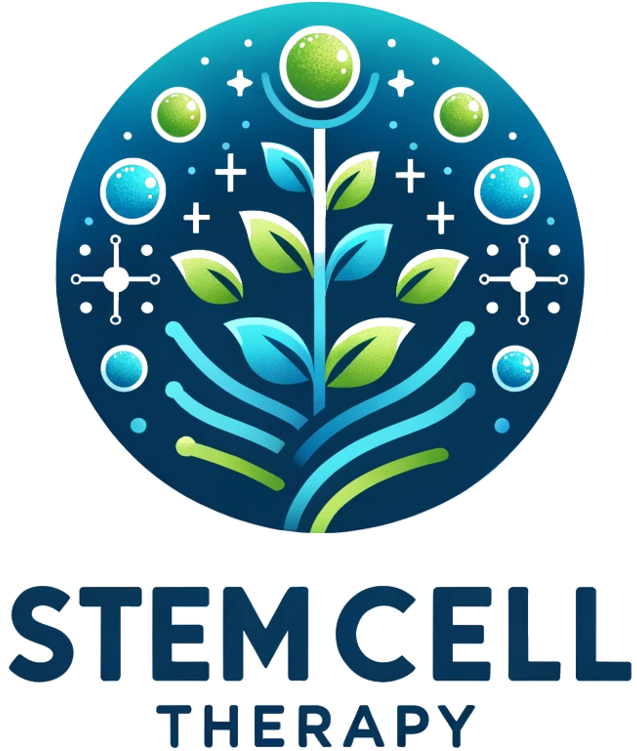
Stem cell research has been explored as a potential avenue for understanding and potentially treating Down syndrome, a genetic disorder caused by the presence of an extra chromosome 21. Down syndrome is associated with intellectual disability and certain physical characteristics.
Here’s how stem cell research intersects with Down syndrome:
- Disease Modeling: Scientists have been using stem cells, particularly induced pluripotent stem cells (iPSCs), derived from individuals with Down syndrome to create disease models. These cells can be coaxed to develop into various cell types found in the body, including neurons. By studying these cells, researchers gain insights into the cellular and molecular mechanisms underlying Down syndrome.
- Drug Screening: Stem cell-derived models of Down syndrome can also be used for drug screening purposes. Researchers can test potential therapeutic compounds on these cells to see if they have any beneficial effects in mitigating the cellular abnormalities associated with the disorder.
- Regenerative Medicine: While not yet a reality for Down syndrome, there is the theoretical possibility that stem cell-based therapies could be developed to treat certain aspects of the disorder. For example, if researchers can identify specific deficits in brain development associated with Down syndrome, they might explore the possibility of using stem cells to replace or repair damaged neurons.
- Gene Editing: CRISPR-Cas9 and other gene-editing technologies have opened up possibilities for correcting genetic abnormalities associated with Down syndrome. While this area of research is still in its early stages and comes with significant ethical considerations, it represents a potential avenue for addressing the root cause of the disorder at the genetic level.
It’s important to note that while stem cell research holds promise for understanding and potentially treating Down syndrome, significant challenges remain. Ethical considerations, scientific complexities, and the need for rigorous clinical testing are all factors that must be addressed before any stem cell-based therapies for Down syndrome can become a reality.
